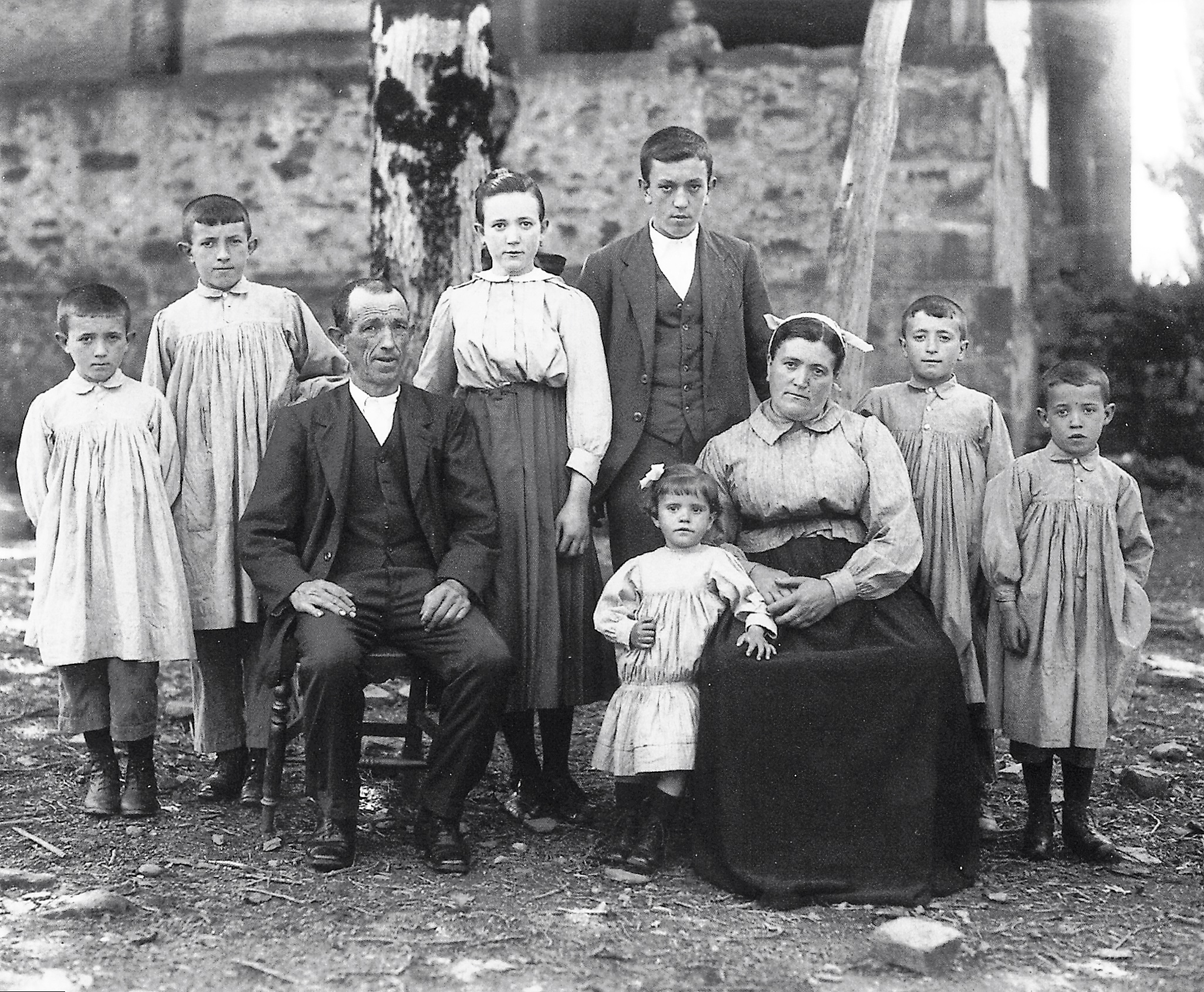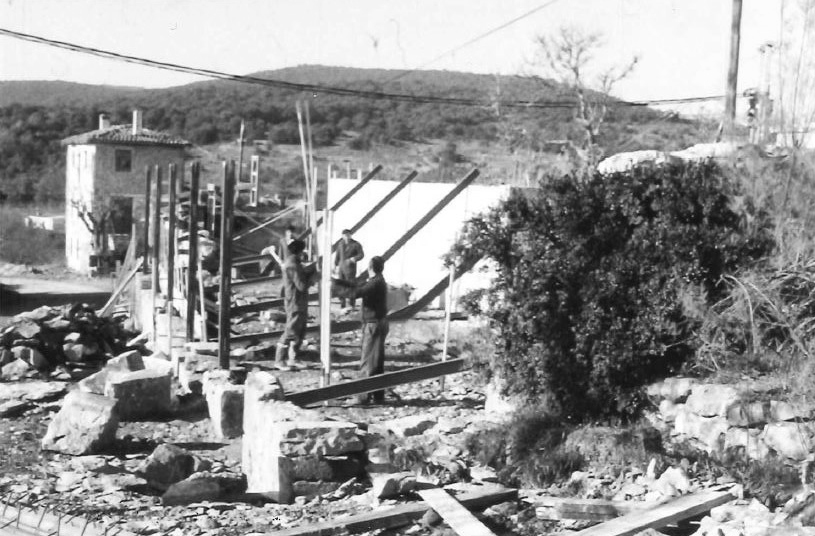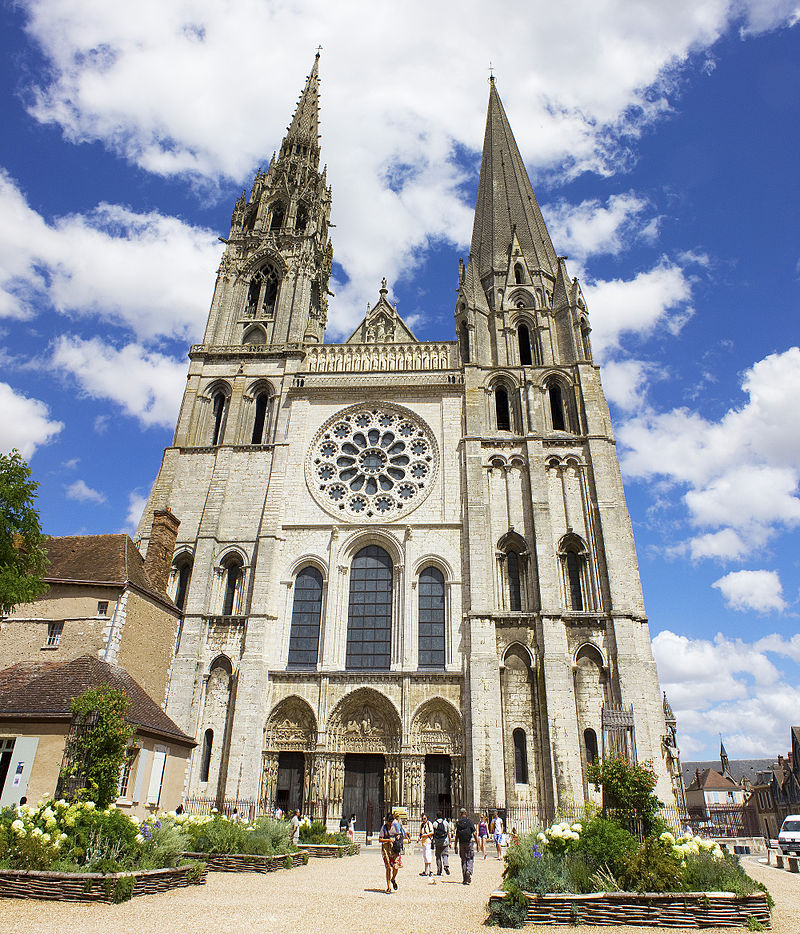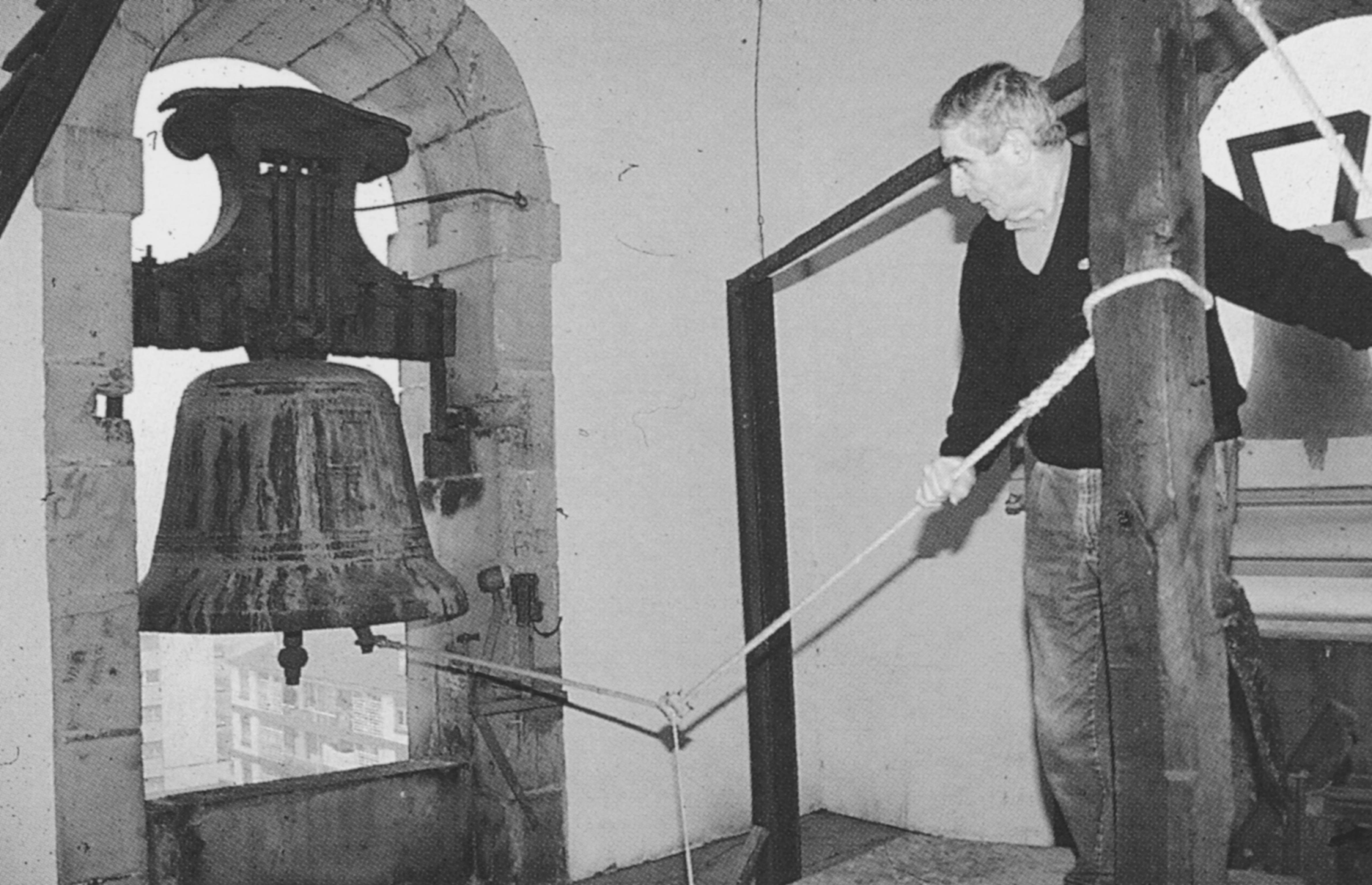Basque ethnography at a glance

The heir of a family, or etxegaia, in Zeanuri (Bizkaia), c.1920. Felipe Manterola Collection. Labayru Fundazioa Photographic Archive.
In former times it was customary for the parents of intending spouses to establish agreements or covenants with the intervention of the bride and groom stating the conditions of the marriage. The prenuptial contract or public deed by which the marital agreements were formalised was known in Basque as ezkontzako kontratua. In the rural world such agreements would benefit the son or daughter appointed to take ownership and responsibility for the family house. The other party would bring the dowry into the marriage. (more…)
Christianity is one defining feature of ancient Europe. Until recent times its impact was such that it profoundly shaped numerous cultural aspects of our societies. Architecture was in former centuries a manifestation of Christian worship, the Gothic style expressed in majestic churches and cathedrals being the most powerful example. (more…)
In former days bell ringing guided a farmer’s life. Between earliest sunrise and latest sunset, peals of bells signified the time of day and informed about significant events.
The ringing of church bells at the crack of dawn got the members of the household up and running, particularly those who were to go out to the fields or the woods. At midday bells called for the Angelus prayer. It became customary all over Christian Europe to stop any work and pray on hearing the bell. Let us recall the unforgettable realistic picture by J-F. Millet entitled precisely The Angelus. Until quite recently in the Basque Country, even pelota matches were interrupted on courts at 12 noon to say the Angelus. (more…)

Demolition and construction of a bowling alley by cooperative labour. Apodaka (Álava), 1984. Isidro Sáenz de Urturi.
In the villages of Álava neighbours must contribute to the maintenance of common property: buildings, paths and fields. Such provision of services to the community is locally known as vereda.
The chair of the Administrative Board would summon the commission with a peal of bells; nowadays a circular is mailed to all houses. Back in the old days the circular was passed on from house to house. The chair of the board took it to the nearest house, from there it was passed onto the next, and so on until the circle was completed. The circular announced the day and time of the gathering. Should it be a working day, bells were rung at the appointed time as a reminder, and matters of small concern were treated on Sundays after mass. (more…)



